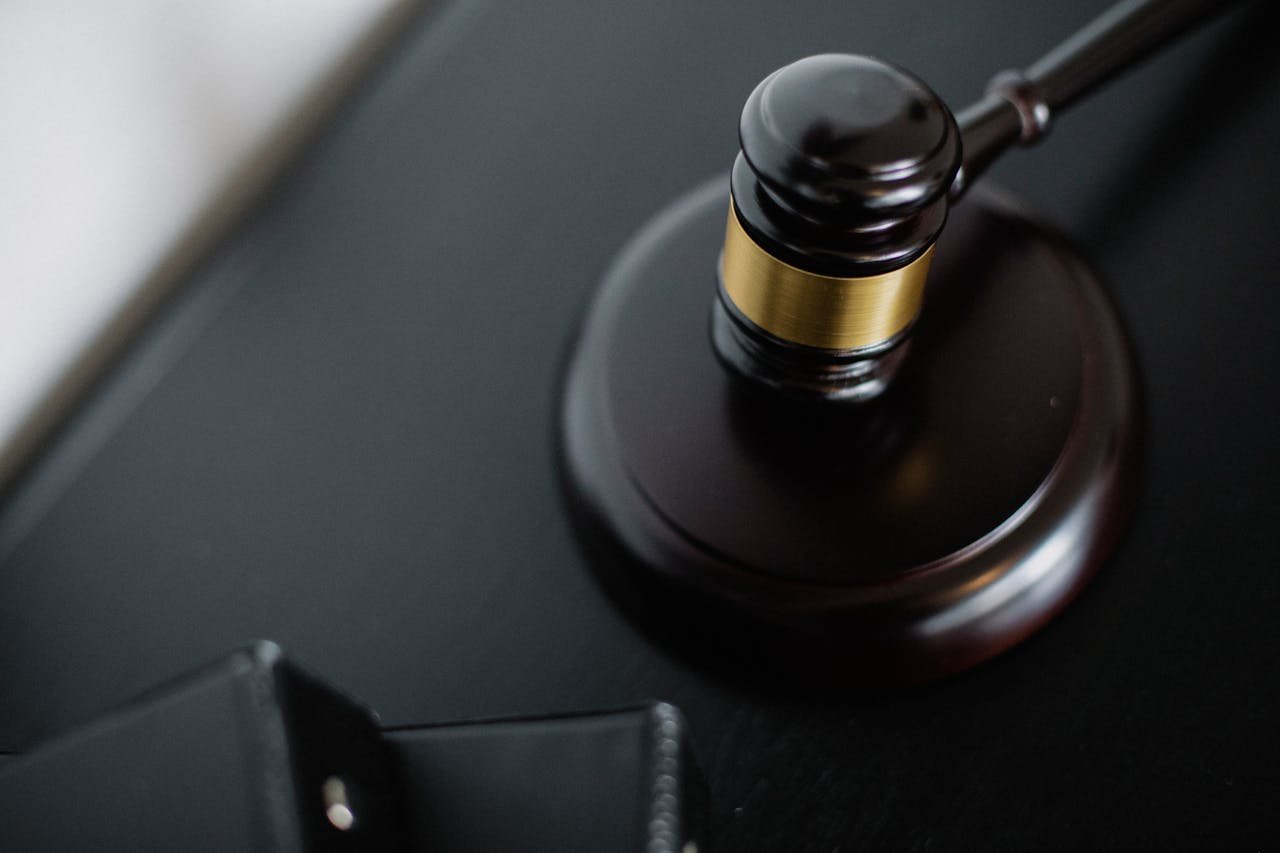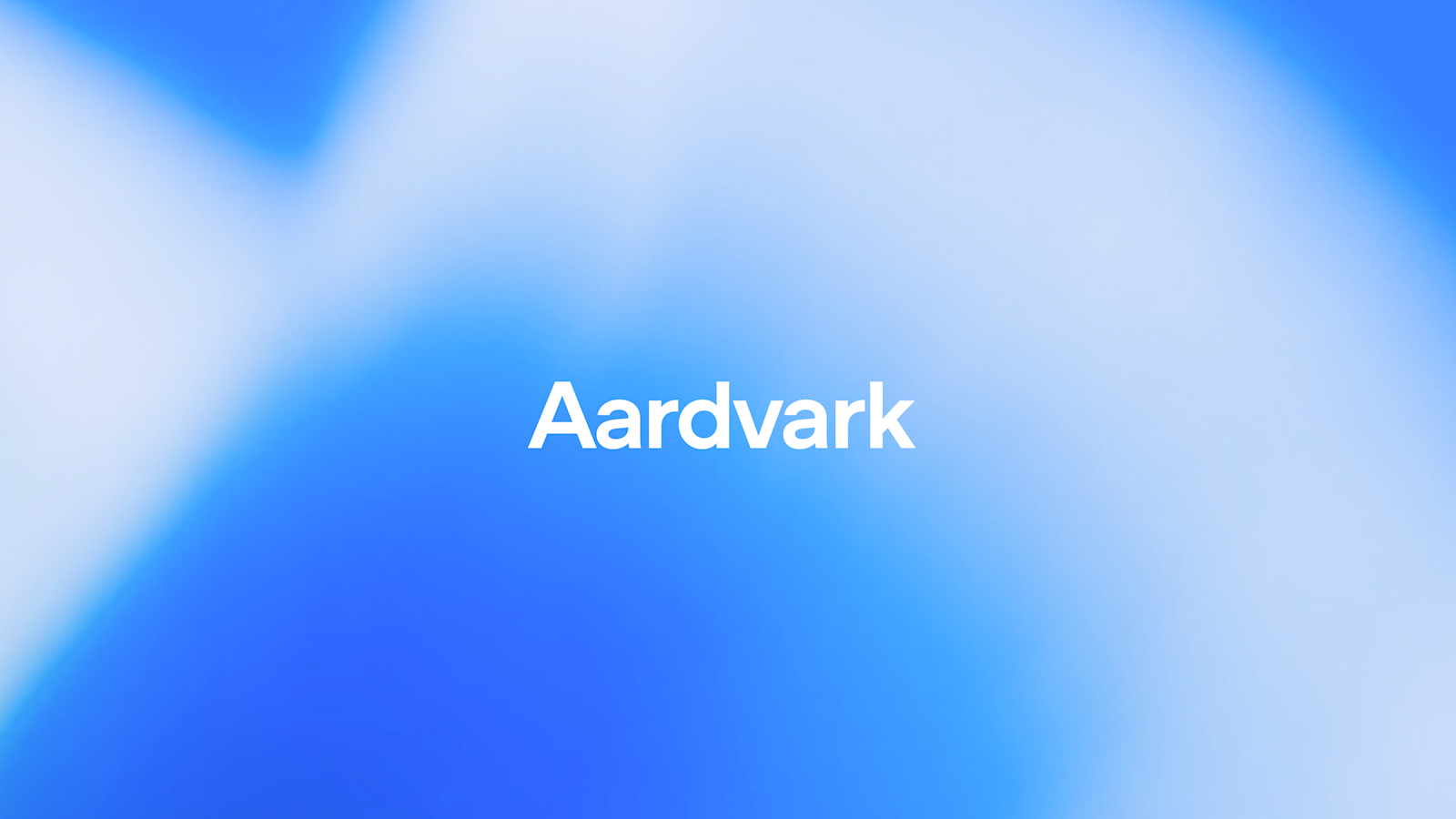Three renowned authors, Andrea Bartz, Charles Graeber, and Kirk Wallace Johnson, have filed a lawsuit against AI startup Anthropic, accusing the company of using their copyrighted works without authorization to train its Claude language models. The legal action, filed in the U.S. District Court for the Northern District of California, asserts that Anthropic engaged in large-scale copyright infringement by using pirated copies of their books as part of its AI training dataset.
Allegations of Large-Scale Copyright Violation
The complaint alleges that Anthropic unlawfully downloaded and utilized pirated versions of the authors’ works from illegal websites. According to the plaintiffs, this material was then integrated into a dataset known as “The Pile,” which includes a sub-collection called “Books3.” This dataset allegedly contains approximately 200,000 books that were obtained without the necessary permissions.
The authors argue that Anthropic’s actions represent a deliberate infringement on their intellectual property rights. They claim the startup built a “multibillion-dollar business” by systematically using stolen literary works, ignoring copyright laws in the process. The lawsuit emphasizes that this infringement has deprived the authors of both book sales and potential licensing revenues.
Growing Tensions Between AI Developers and Content Creators
The lawsuit against Anthropic is the latest in a series of legal challenges facing AI companies over their use of copyrighted materials. Other industry giants like Microsoft and OpenAI have also been sued for similar practices. These cases underscore the growing tension between AI developers and content creators over the use of copyrighted works in training data for AI models.
For AI firms, the crux of the defense often lies in the argument that the use of such materials falls under the “fair use” doctrine of copyright law. They argue that AI models do not reproduce the exact texts from their training data, but rather generate new content. However, content creators maintain that their works are being exploited without due compensation, and they seek to assert control over how their intellectual property is utilized in AI development.
Potential Impact on the AI Industry
The outcome of this lawsuit could have significant repercussions for the AI industry, particularly if the courts determine that companies must secure licenses for all copyrighted materials used in training datasets. Such a ruling would likely introduce new costs and complexities into the AI development process, potentially altering how companies approach data collection and model training.
Anthropic, known for positioning its Claude models as competitors to OpenAI’s ChatGPT, has raised billions in funding and is valued at over $18 billion. The startup has promoted itself as a company focused on developing “safe and ethical” AI. However, the authors’ lawsuit challenges this image, suggesting that the company’s rapid growth has come at the expense of copyright laws.
Legal and Ethical Implications
As the legal battle unfolds, it raises broader ethical and legal questions about the relationship between AI development and intellectual property rights. Courts may need to clarify whether the use of copyrighted material for AI training constitutes infringement or if it can be considered a transformative fair use. The decision could set a precedent for how AI companies navigate copyright issues moving forward.
For authors like Bartz, Graeber, and Johnson, this lawsuit represents a crucial stand for the protection of their work in the face of emerging technologies. The case may well influence the future of AI training practices and the extent to which creators are compensated for the use of their works in the development of AI systems.
The case is formally titled Andrea Bartz et al. v. Anthropic PBC, and its outcome could have far-reaching implications for both the AI industry and the broader field of intellectual property law. As AI capabilities continue to expand, the debate over the balance between innovation and copyright protection is likely to intensify.





